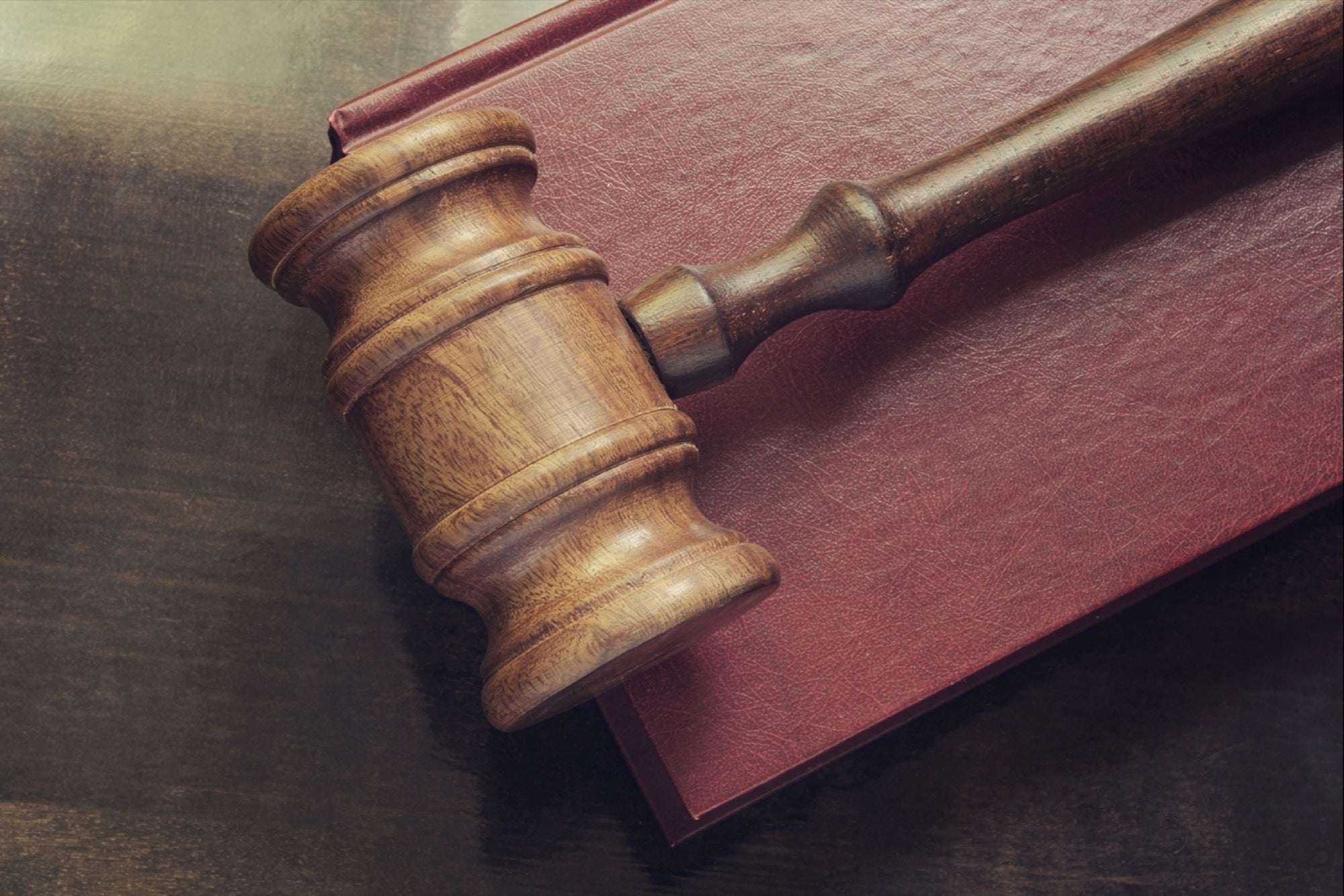Government Must Protect Rude or Racist Brands, Court Says The U.S. Trademark Office must protect companies with slur names, according to the Circuit Court of Appeals in Washington, D.C.
By Jeff John Roberts •

This story originally appeared on Fortune Magazine

Should the federal government protect company brands if their names use racial, religious or anti-gay slurs? A major appeals court ruling in December could force the U.S. Trademark Office to do just that. At the same time, the decision could tilt the fight over the controversial name of Washington's pro football team.
In the ruling, which was made public just before Christmas, the U.S. Federal Circuit Court of Appeals in Washington said the government was wrong to deny a trademark to "The Slants," an Asian-American band. The trademark office cited a law that lets it to deny protection to "disparaging" or "immoral" marks.
In the past, the trademark office has used this power to deny other applications such as "2 Dyke Minimum," "Christian Prostitute," and "Stop the Islamization of America." The rule against disparaging marks is also why a judge stripped the trademark of the Washington Redskins.
Now, the bar on "disparaging" names may no longer hold up. In its 9-3 decision, the majority of the appeals court judges said the law violated the First Amendment because it lets the government give benefits to some types of speech but not others.
The upshot is that the trademark office may now be obliged to hand out legal protection for a slew of taboo or offensive terms. These could conceivably result in official status for homophobic, pro-Nazi, or racially inflammatory brands.
Trademarks themselves are not all-powerful since companies and groups can still use offensive names without one. But a trademark bestows an official status, and the absence of one makes it harder for a company to stop competitors from using their name.
For now, the legal issue is not over, including for the Redskins. The football team's owner is still awaiting the appeal from an other appeals court, which is not bound by the Washington ruling.
But as law professor Eugene Volokh notes, the First Amendment argument is a strong one, and the Supreme Court would likely hear the case since it involves striking down a federal statute. Rebecca Tushnet, another influential intellectual property scholar, has likewise predicted the case could reach the top court. In recent years, the Supreme Court has repeatedly struck down laws it regards as government intrusion on free speech.










